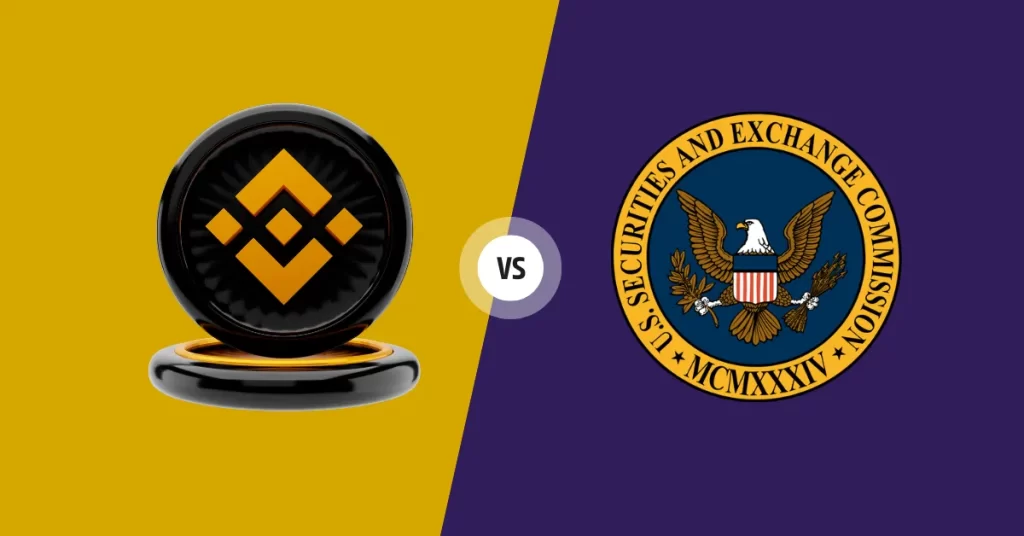The Philippine SEC has blocked Binance, the world’s largest crypto trading platform, for operating without a license in the country. Filipino users have three months to withdraw their funds and close their accounts.

The Philippine Securities and Exchange Commission (SEC) has issued a cease-and-desist order against Binance, the world’s largest crypto trading platform, for violating the country’s securities laws.
Effective immediately, Filipino users will no longer be able to access Binance’s website or mobile app, as the platform has failed to register as a corporation in the Philippines and obtain the necessary authorization to operate in the country.
Binance poses a significant risk to Filipino investors, SEC says
According to the SEC, Binance’s unlicensed operations pose a significant risk to Filipino investors, as the platform lacks regulatory oversight and consumer safeguards.
The SEC warns that Binance users may be exposed to fraud, hacking, theft, and other illicit activities that could result in substantial losses.
The regulatory body also notes that Binance users may not be able to seek legal recourse in case of disputes or complaints, as the platform does not have a physical presence or a representative in the country.
The SEC’s order cites Section 28.1 of the Securities Regulation Code, which states that “no person shall engage in the business of buying or selling securities in the Philippines as a broker or dealer, or act as a salesman, or an associated person of any broker or dealer unless registered as such with the Commission.”
SEC also cites Section 28.1 of the same code, which states that “no foreign corporation, partnership, association, or individual shall engage in the business of buying or selling securities in the Philippines as a broker or dealer, or act as a salesman, or an associated person of any broker or dealer unless registered as such with the Commission.”
The regulator asserts that Binance is engaged in the business of buying and selling securities in the Philippines, as it offers various crypto-related products and services, such as spot trading, futures trading, margin trading, staking, lending, and savings.
U.S SEC also asserts that Binance is acting as a broker or dealer, as it facilitates the execution of orders and the settlement of transactions on its platform.
The SEC further asserts that Binance is acting as a salesman or an associated person, as it solicits and induces Filipino investors to use its platform through online advertisements, social media posts, and referrals.
SEC grants a three-month grace period for Binance users to withdraw their funds and close their accounts
To ensure a smooth transition, the SEC has granted a three-month grace period for Filipino Binance users to withdraw their investments and close their accounts.
This grace period also provides an opportunity for Binance to comply with Philippine regulations and seek proper registration. The SEC urges Binance users to cooperate with the order and refrain from using the platform until further notice.
In addition to blocking Binance’s website and app, the SEC has also requested Google and Meta to prohibit online advertisements for Binance from appearing to social media users in the Philippines.
The SEC has also sought cooperation from the National Telecommunications Commission and the Department of Information and Communications Technology to implement the access ban effectively.
SEC’s actions underscore the Philippines’ commitment to protecting investors and upholding the integrity of its financial markets
The SEC’s actions underscore the Philippines’ commitment to protecting investors and upholding the integrity of its financial markets. The regulator reminds the public that investing in crypto assets involves high risks and uncertainties and that only platforms that are duly registered and authorized by the SEC can offer such products and services in the country.
The SEC also advises the public to exercise caution and due diligence when dealing with any entity that claims to offer crypto-related products and services, and to report any suspicious or fraudulent activities to the SEC’s Enforcement and Investor Protection Department.
